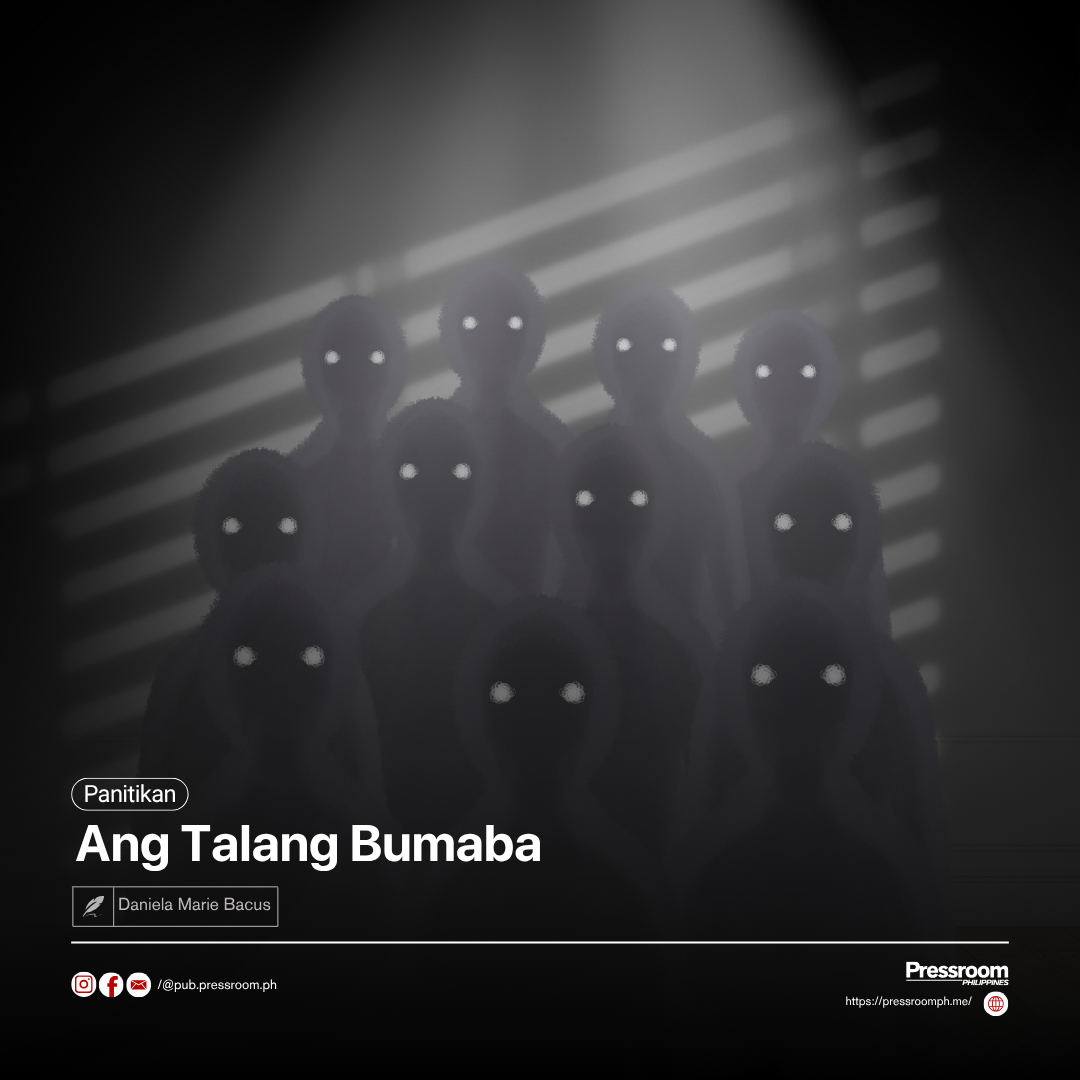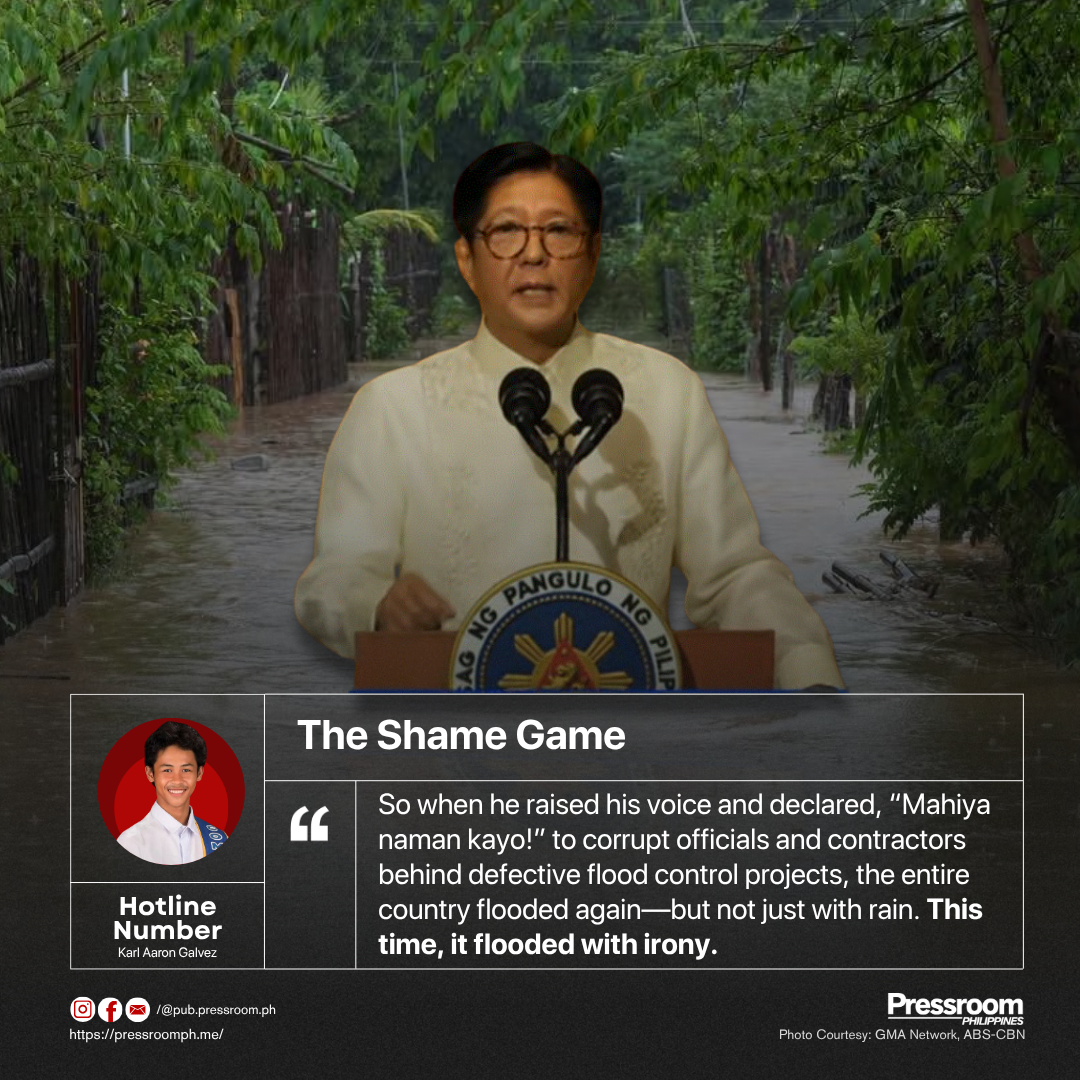Via Alleya Krisha Naveros, Pressroom Philippines
In many schools today, grooming and dress code policies continue to limit how students express themselves. Strict haircut rules and gender-based uniform policies are still imposed, often without question. While these may seem harmless to some, they deeply affect how students see themselves and how they are treated by the systems meant to protect them.
These policies are often framed as tools for discipline. Short hair is said to symbolize order, and gender-specific uniforms are believed to reflect propriety. But forcing a student to cut their hair, or wear clothing that does not align with their identity, does not teach discipline. It teaches shame, silence, and submission.
A student's ability to learn, lead, or succeed is not determined by how they look. Hair does not affect academic performance. Clothing does not dictate character. Yet, many are judged, called out, or even punished simply for not fitting into outdated expectations of what a “proper” student should look like.
For many students, especially those in the LGBTQIA+ community, these rules become daily reminders that they are not fully accepted. Trans and gender non-conforming students are often forced to wear uniforms that contradict their identity. This erasure is not just personal. It is institutional. And it sends a clear message: conform, or be excluded.
What these students ask for is not special treatment, but fairness. They want policies that reflect the diversity of real students today. They want to feel safe walking into class without fearing they’ll be scolded for a haircut or outfit. They want respect not only for their minds, but for their right to exist as themselves.
Discipline should never come at the cost of dignity. A school should guide, not suppress. When rules harm more than help, they must be questioned. Change does not mean chaos. It means compassion.
We must stop measuring student worth by appearance. Let go of policies that control rather than care. Education should open minds, not close identities. When we remove the scissors used to cut down confidence, we allow students to grow fully — with pride, purpose, and peace.
In the end, it is not uniformity that defines a good student. It is courage, honesty, and the freedom to be seen and heard. And no haircut or dress code should ever stand in the way of that.






